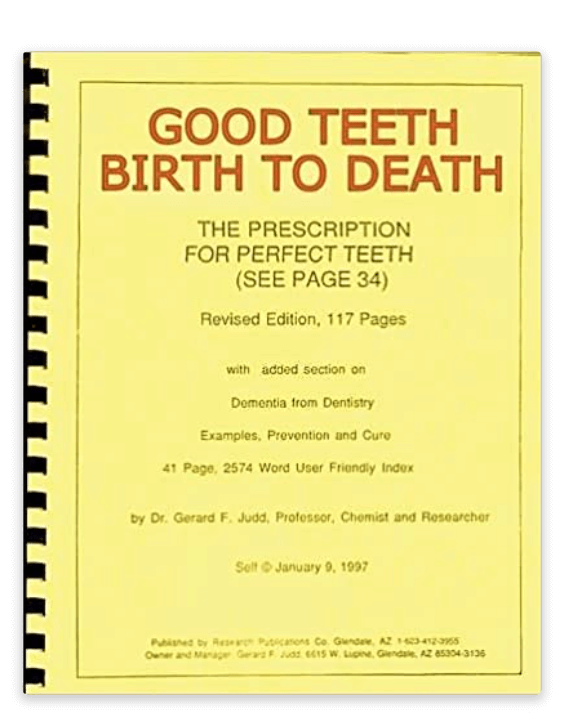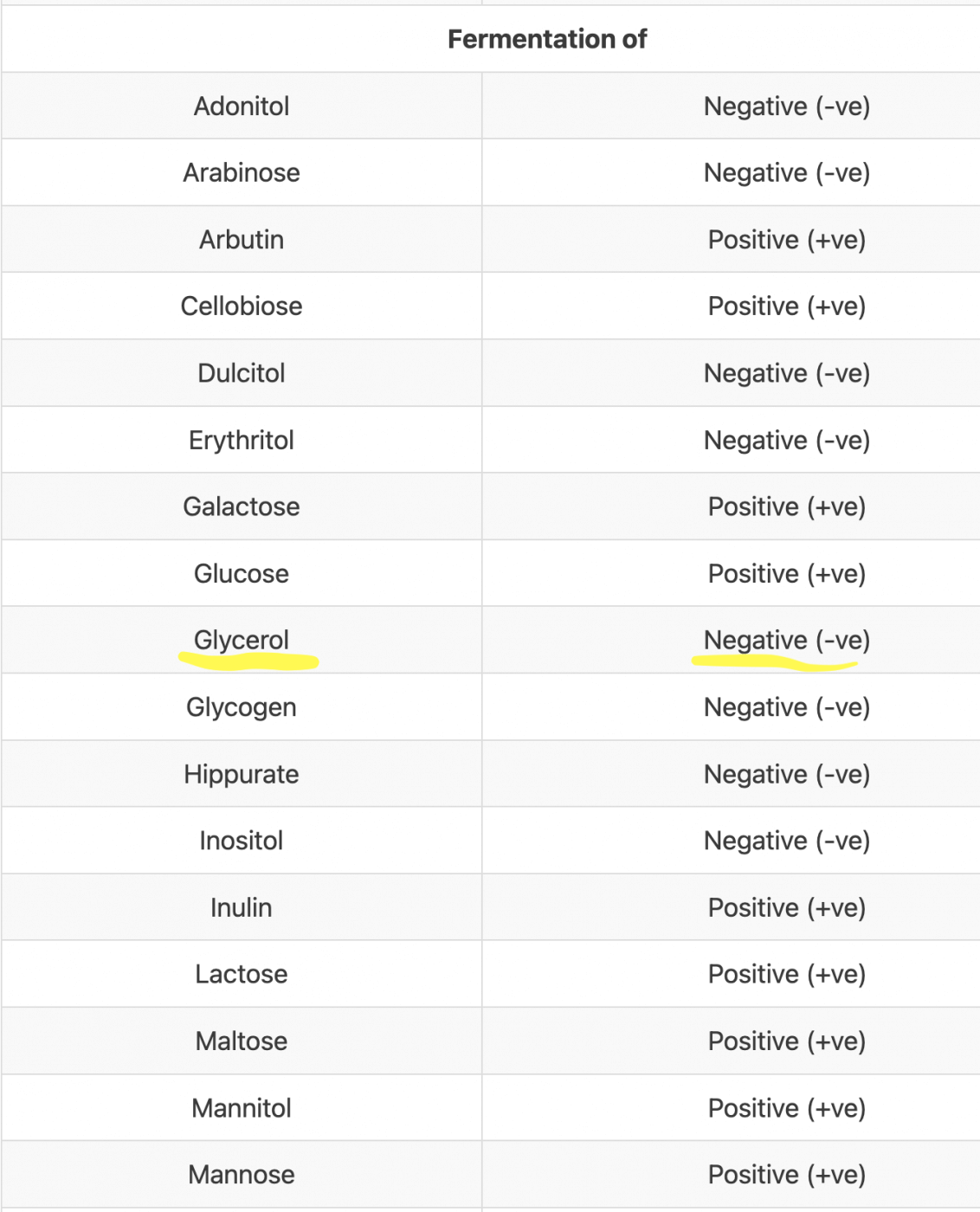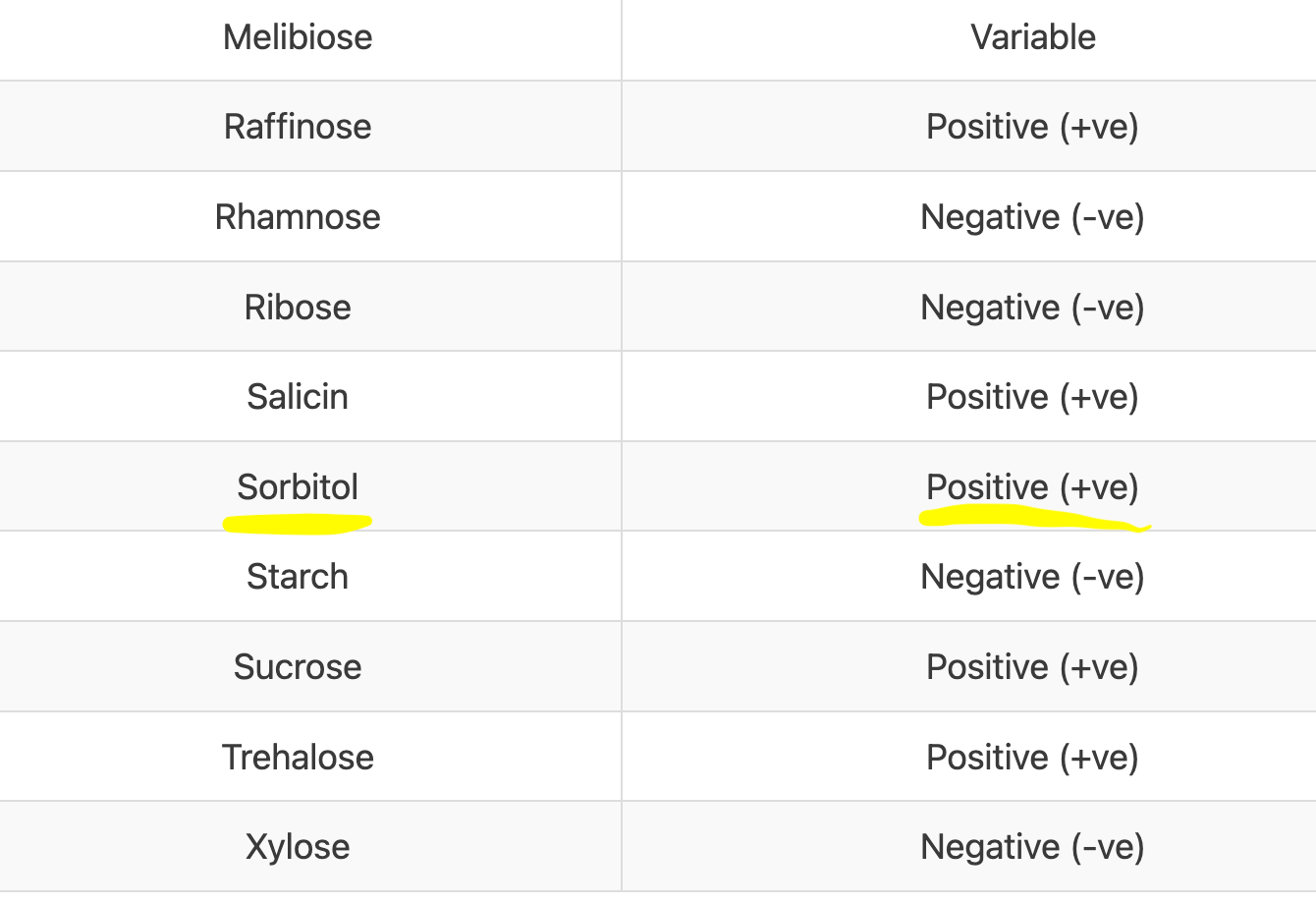Is Glycerin in Toothpaste Harmful?
If you look around the internet you might find claims that glycerin in toothpaste is harmful. Some sites say it “coats the teeth” others say it “creates a coating that's a magnet for bacteria.” Yet glycerin is one of the most widely used ingredients in toothpastes. So what's the truth? Is glycerin really harmful? Or is it just an internet myth? Today, that's what we're going to find out.
What is glycerin?
Glycerin (aka glycerol) is a dense clear-colored substance. It is sweet and it is sticky and highly soluble in water. In fact, it loves water so much that it'll draw moisture out of the air. When something has the ability to absorb moisture like that, it's called a humectant. While glycerin loves water, it actually comes from vegetable oils, like coconut or sunflower oil.
Wait – how could something water-soluble come from an oil?
 All oils are made up of compounds we call triglycerides. Triglycerides have long carbon chains known as fatty acids. Each triglyceride or lipid molecule contains three fatty acid chains held together by glycerol (aka glycerin) kind of like a hand with fingers. When you break apart this hand, so to speak, you separate the fatty acids from the glycerin. This can be done with high pressure and heat. It can also be done through the soap-making process, called saponification. When one makes soap, an alkali breaks apart the triglyceride molecule. It's also done in the liver when we eat an oil; the enzyme lipase separates the glycerol from the fatty acids. Glycerin is a substance with which our bodies are well acquainted.
All oils are made up of compounds we call triglycerides. Triglycerides have long carbon chains known as fatty acids. Each triglyceride or lipid molecule contains three fatty acid chains held together by glycerol (aka glycerin) kind of like a hand with fingers. When you break apart this hand, so to speak, you separate the fatty acids from the glycerin. This can be done with high pressure and heat. It can also be done through the soap-making process, called saponification. When one makes soap, an alkali breaks apart the triglyceride molecule. It's also done in the liver when we eat an oil; the enzyme lipase separates the glycerol from the fatty acids. Glycerin is a substance with which our bodies are well acquainted.
Now, let's get back to toothpaste.
One common claim you'll see is "glycerin leaves a coating on teeth that takes 27 washes to get off."
And "glycerin creates a coating on teeth that becomes a magnet for bacteria."
But where did this information come from?
If the sites that make these claims actually cite their sources, you can trace them all back to one source: Dr. Gerard F Judd Ph.D.
 Dr. Gerard F Judd Ph.D. was a chemist who, in his later years, devoted his work to promoting certain dental practices. He was a staunch advocate against fluoride and touted a specific protocol of vitamins and brushing with soap to promote oral health. Dr. Judd wrote a booklet about tooth care in 1997 called "Good Teeth from Birth To Death" and made several revisions over the following years. (Found in its entirety here.)
Dr. Gerard F Judd Ph.D. was a chemist who, in his later years, devoted his work to promoting certain dental practices. He was a staunch advocate against fluoride and touted a specific protocol of vitamins and brushing with soap to promote oral health. Dr. Judd wrote a booklet about tooth care in 1997 called "Good Teeth from Birth To Death" and made several revisions over the following years. (Found in its entirety here.)
The myth that glycerin is harmful to teeth has been circulating for such a long time now that many have accepted it as "fact."
If you look through his book, he doesn't mention glycerin at all.
His statement about glycerin is actually from a letter he wrote to his followers in 2001. (Found here) He states:
"All toothpastes make a barrier of glycerine on the teeth which would require 20 rinses to get it off."
This is the one and only statement he made about glycerin.
Instead of toothpaste, he says that people should brush with bar soap. The ironic thing is that all bar soaps contain glycerin! I believe Dr. Judd's intent was to tell people to avoid commercial toothpastes, not glycerin. But we'll never quite know what he was thinking, as he has passed on.
Dr. Judd's Strange Beliefs
Dr. Judd had some helpful theories about oral health, but also spouted some strange and incorrect information.
Dr. Judd believed that sugar doesn't cause tooth decay. He ran an experiment to prove his theory, by taking ground bone material and adding sugar to it. Completely dry. When the bone material hadn't dissolved, he concluded that sugar isn't corrosive to teeth.
 This experiment is amusing when you understand how tooth decay works. Simple carbohydrates in the mouth feed bacteria on teeth. The bacteria create acid in this process and the acid then erodes the enamel. When bacteria accumulate in one part of a tooth, that constant output of acid in one spot creates a pit we call a cavity.
This experiment is amusing when you understand how tooth decay works. Simple carbohydrates in the mouth feed bacteria on teeth. The bacteria create acid in this process and the acid then erodes the enamel. When bacteria accumulate in one part of a tooth, that constant output of acid in one spot creates a pit we call a cavity.
Adding dry sugar to dry bone material will obviously not cause any of the bone material to dissolve. However, add moisture, warmth, and specific strains of bacteria, and you'll see activity.
Dr. Judd also said that bacteria doesn't cause tooth decay. He stated that because teeth of skeletons buried in the ground survive, despite there being many bacteria present, bacteria doesn't cause tooth decay. Again, this is hardly a scientific comparison. In the ground, we don't have saliva, the same strains of bacteria, and carbohydrates to feed the bacteria on the surface of the tooth.
Dr. Judd did understand that acids dissolve enamel. He just didn't seem to quite understand the full picture about bacteria + saliva + carbohydrates. Perhaps the science was still new when he was actively studying the biochemistry of teeth in the 90s. He focused a lot on the importance of keeping the mouth alkaline to fight acid wear; perhaps he found a following because this suggestion to brush with soap was indeed effective.
Back to Glycerin
So, let's get back to glycerin. Quite simply, Dr. Judd's claim about toothpaste and subsequent suppositions that glycerin is harmful simply isn't true. There is not a single study that backs up this claim, and in fact many studies counter it.
 Streptococcus mutans is one of the main strains of bacteria that causes tooth decay. It does not have the ability to feed on glycerin. (Source) [See chart to the left for which substances streptococcus mutans can and cannot ferment.]
Streptococcus mutans is one of the main strains of bacteria that causes tooth decay. It does not have the ability to feed on glycerin. (Source) [See chart to the left for which substances streptococcus mutans can and cannot ferment.]
Bacteria doesn't like glycerin. Glycerin has long been used in dressings to protect wounds from infection and aid in healing. Its antibacterial and antiviral properties are well-established. (Source)(Source)
If there was a toothpaste that left a glycerin coating on teeth, that would be highly beneficial! But alas, glycerin is a highly hydrophilic compound and dissolves quickly in saliva. It loves water so much that it will draw moisture out of the air. (Source)
Sorbitol Substitute
One popular brand of "natural" toothpaste that spouts the "glycerin is bad" myth, brags on their website that their toothpaste contains no glycerin, but contains sorbitol instead. But sorbitol *does* feed streptococcus mutans and other oral bacteria that lead to tooth decay. (Source)
This experiment compared glycerin vs sorbitol in a toothpaste. One toothpaste contained xylitol and sorbitol. The other, xylitol and glycerin. The people using the  toothpaste containing xylitol and sorbitol had the same amount of bacteria in their mouths at the end of the three-month research period as they prior to using the toothpaste. The test subjects who used the glycerin toothpaste, however, had a significant reduction in oral bacteria.
toothpaste containing xylitol and sorbitol had the same amount of bacteria in their mouths at the end of the three-month research period as they prior to using the toothpaste. The test subjects who used the glycerin toothpaste, however, had a significant reduction in oral bacteria.
Sorbitol doesn't feed cavity-causing bacteria as much as glucose does, but it is indeed considered to be a cariogenic (causing cavities) ingredient. (Source)
The Bottom Line:
 Glycerin is a safe, non-toxic ingredient in toothpaste that benefits oral health. Organic certified glycerin would ensure it's not petroleum-derived and would come from non-GMO organic oil. Don't believe the myth that glycerin is harmful to teeth. No matter how long it's been circulating, it's just not true.
Glycerin is a safe, non-toxic ingredient in toothpaste that benefits oral health. Organic certified glycerin would ensure it's not petroleum-derived and would come from non-GMO organic oil. Don't believe the myth that glycerin is harmful to teeth. No matter how long it's been circulating, it's just not true.
Recent Posts
-
Vegetable Emulsifying Wax NF
What is Vegetable Emulsifying Wax NF?Vegetable Emulsifying Wax NF is a blend of chemicals, namely ce …16th Aug 2024 -
Tocopherol vs. Tocopheryl Acetate: What's the Difference?
Let's look at the differences between tocopherol vs tocopheryl acetateThere are two forms of vitamin …16th Jul 2024 -
Are Essential Oils Toxic?
The following comment was made in a Facebook group for which I'm an admin. It was a lot to unpack in …16th Jul 2024
